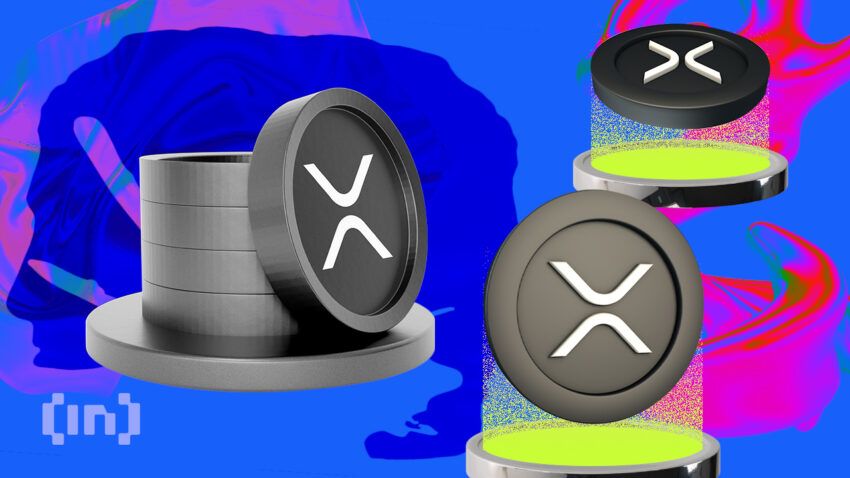Both Ripple and the SEC have each countered the other’s motions for summary judgments, in the ongoing lawsuit’s latest development.
Earlier, Ripple and the Securities and Exchange Commission had each filed motions for summary judgment. If granted, a judge would subsequently rule on the case, precluding the need for it to go to trial.

However, last Friday, both parties filed separate motions to deny the summary judgment filing of the other. The SEC said Ripple’s motion should be denied because of “undisputed evidence” it illegally sold unregistered securities. The federal regulator launched a lawsuit against the company in December 2020 on this basis. Meanwhile, Ripple claimed that the SEC had no legal basis to insist Ripple register XRP as a security.
Key documents revealed last week
Prior to this, Ripple revealed in the revelation of certain documents that it had requested up to six times prior. These were the SEC’s notes on the so-called Hinman documents. They reportedly reveal the SEC’s comments on a speech by the former Director of the Corporate Finance Division, William Hinman.
In the speech, Hinman said that while he previously considered Ethereum a security, his later understanding of the blockchain-based transactions led him to believe that “current offers and sales of Ether are not securities transactions.”
Ripple had sought the release of these notes, believing they demonstrate the SEC’s awareness of Hinman’s claim that Ethereum is not a security. Applying a similar principle, Ripple believes this would strengthen their case that XRP should not be considered a security.
Documents might not be enough
However exalted Ripple may be, one legal expert argues that the opinion of a former SEC official is likely inconsequential. He argues that the ultimate decision remains with the Supreme Court, who has consistently upheld the Howey test standard.
According to this standard, a security is essentially defined as “an investment of money in a common enterprise with a reasonable expectation of profit to be derived from the efforts of others.” Using this definition, SEC Chair Gary Gensler believes that most cryptocurrencies would count as securities. One notable exception is Bitcoin, which he said would classify as a commodity.
Yet, according to another analysis, many XRP holders had submitted affidavits clarifying that this wasn’t the intention behind their purchases. According to Exhibit 167 of Ripple’s motion to deny the SEC, those who bought XRP, “for investment purposes, did not expect profits to come from Ripple, but from market movements or other sources.”
Long-time staffer leaving
Although unrelated to the lawsuit, it is worth noting that the lead engineer behind the XRP ledger announced his resignation. While not specifying what he would do next, Nik Bougalis said he would not continue working in blockchain and crypto. This marks the latest among leading crypto figures stepping down from their companies.
Last week, Ethereum and Polkadot co-founder Gavin Wood said he would be departing as head of Parity Technologies. The week prior, a filing revealed that Gemini co-founders Cameron and Tyler Winklevoss left their positions as directors on the board of Gemini Europe. Meanwhile, the chief executives of the Kraken cryptocurrency exchange and the Celsius Network both resigned late in September.
For Be[In]Crypto’s latest Bitcoin (BTC) analysis, click here
Disclaimer
In adherence to the Trust Project guidelines, BeInCrypto is committed to unbiased, transparent reporting. This news article aims to provide accurate, timely information. However, readers are advised to verify facts independently and consult with a professional before making any decisions based on this content. Please note that our Terms and Conditions, Privacy Policy, and Disclaimers have been updated.


